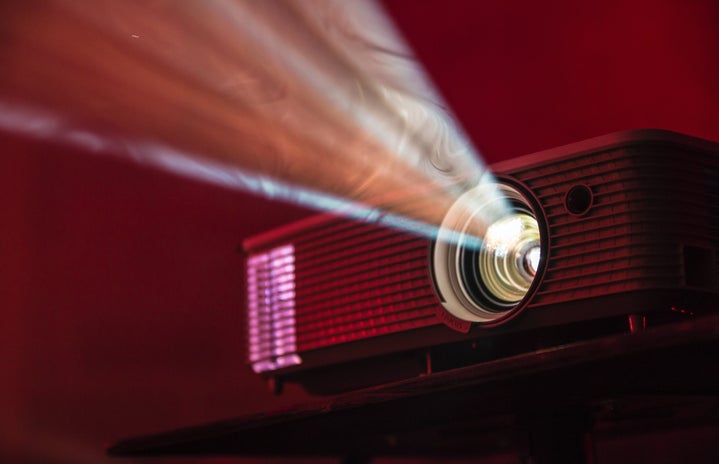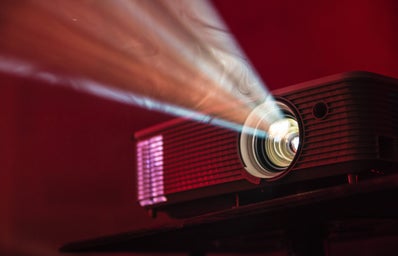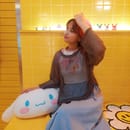HBO’s The Idol garnered a massive following from the second the initial synopsis of the show dropped. An expose on being a female artist in the American music industry, with its long history of manipulation and exploitation. Featuring a cast of super popular female artists – the plot that had everyone hooked from the beginning. Not to mention, the show initially having a female co-director. it seemed like the show would be breaking new ground and shattering glass ceilings for the female perspective in film. I was one of those people who was incredibly excited for this show and everything it initially had to offer. Only to be sorely disappointed by the narrative that played out on screen.
The show experienced many hiccups before the first episode had even dropped. The initial director, Amy Seimetz left after “creative differences” which eventually came out to be disagreements between the two co-directors at the time, the other being none other than The Weeknd (or Abel Tesfaye). The creative differences in question being the idea that the show was leaning too much into a “female perspective” according to Tesfaye. After this, Sam Levinson – the director of HBO’s Euphoria joined the team, and it quickly experienced a massive creative overhaul.
Well, after disdainfully watching the first few episodes of the show, I exited with only negative things to say about it.
The show revolves around Jocelyn, played by Lily-Rose Depp, – a popstar re-entering the music scene after the death of her mother and the very public mental turmoil which that caused for her. From the very first scenes of the first episode, there is an overwhelmingly disturbing lean towards the show being “dark humour” or “gritty”, but that narrative quickly loses its allure and falls flat when there’s barely any substance behind those “dark” jokes.
Jocelyn’s character is reduced to the typical stereotypes of the edgy, damaged, and of course, highly sexualised popstar. It’s to the point where the actress herself is never depicted in comfortable clothing – even in her own home – where most of the show takes place. The show takes the trauma which this character has experienced and uses it to push the narrative forward. You’re constantly left watching this character being manipulated and taken advantage of by the people around her.
Most of the time, The Idol tries extremely hard to be edgy and dark but only ends up feeling superficial and sometimes just downright disturbing. Especially where Tesfaye’s character – Tedros is concerned. Tedros and Jocelyn enter into a relationship of sorts, one that is incredibly unhealthy and emotionally and physically manipulative in every way. The character essentially robs Jocelyn of her autonomy in the name “creating art” and continuously subjects her to physical, emotional and sexual abuse which we are meant to believe are ways which he inspires her to make music.
There is also an excessive amount of sex scenes which offer little to no substance to an already flat storyline. More often than not these scenes feel out of place and reek of the male gaze. What’s worse is that this isn’t the first time that Sam Levinson has come under fire for his portrayal of female characters in his work. The Euphoria director has been criticized for the excessive use of nudity in the show often with little to no significance to the plot.
There comes a point where we must ask ourselves, is this even “dark humour” or “edgy” or is it just plain trauma porn? Should we even be allowing these types of shows to enter the film space?
The show ended after only five episodes of its original intended six, then was cancelled by HBO as a result of the abysmally low ratings and viewership. The last episode which featured a major plot twist, created more plot holes than there already was. This plot twist, which was a last-stitch attempt to give Jocelyn some sense of agency to the plot, only ends up further enforcing the extremely women-hating narrative which has been so drilled into every aspect of this show. Of course, the woman must be the villain at the end in this show which has the male gaze so deeply entrenched in every scene.
The Idol ended up feeling like a prime example of a show attempting to be edgy and expose the entertainment industry but instead it became the very thing it tried to avoid considering it showcased the very same issues in the industry in its very content – at least in my opinion.
Of course, there’s definitely other perspectives and opinions which I have seen which make pretty interesting points about the show, but for me it’s difficult to hear them over all the static which is created by the intensely problematic aspects present when watching.


